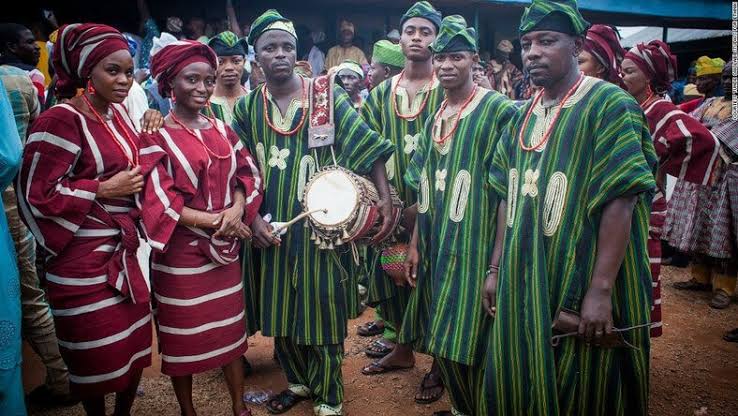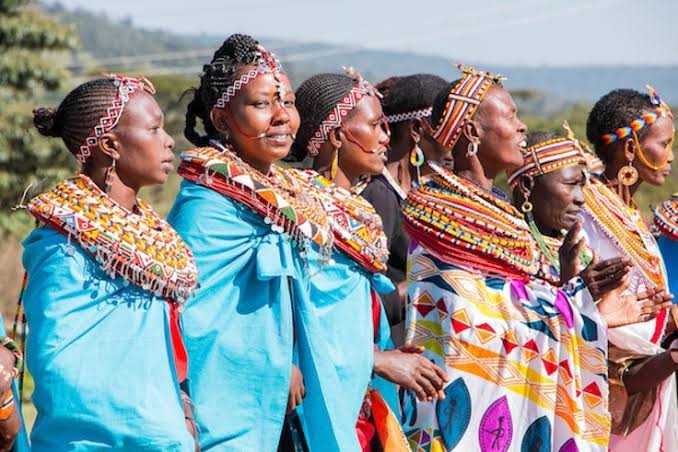Africa is a continent renowned for its cultural and linguistic diversity, with over 2,000 languages spoken across its 54 countries. These languages are not just modes of communication but also carriers of history, culture, and identity. While some are spoken by millions across multiple nations, others are specific to individual communities. In this article, we delve into the 10 most spoken languages in Africa, their origins, significance, and the regions where they dominate.
Swahili (Kiswahili)
Swahili, also known as Kiswahili, is the most widely spoken language in Africa, with over 200 million speakers. It is a Bantu language with significant Arabic influence due to historical trade connections between East Africa and the Arab world. Swahili is recognized as a lingua franca in many East African countries and is one of the official languages of the African Union (AU).
Primary Regions: Kenya, Tanzania, Uganda, Democratic Republic of Congo, Rwanda, Burundi, Mozambique, Comoros
Significance: Swahili is not only a means of communication but also a unifying language in East Africa, used in politics, education, and media.
Example Phrase: “Hakuna Matata” (No worries).
Arabic
Arabic is one of the most influential languages in Africa, spoken by over 150 million people. It is a Semitic language that serves as the official language in many North African countries. Arabic’s influence extends to religion, as it is the language of the Quran and central to Islamic practices.
Primary Regions: Egypt, Sudan, Algeria, Morocco, Tunisia, Libya, Mauritania
Significance: Beyond communication, Arabic is integral to cultural, religious, and historical narratives across North Africa.
Example Phrase: “As-salamu alaykum” (Peace be upon you).
Hausa
Hausa is one of the most spoken indigenous languages in Africa, with over 50 million native speakers and an additional 30 million using it as a second language. It is a Chadic language that has become a lingua franca in West Africa, especially in trade and communication.
Primary Regions: Nigeria, Niger, Ghana, Cameroon, Chad
Significance: Hausa is widely used in Islamic education and is a major language in African media, including international broadcasters like BBC Hausa.
Example Phrase: “Sannu” (Hello).
Yoruba
Yoruba is a tonal Niger-Congo language spoken by over 40 million people, primarily in Nigeria. It is also used in parts of Benin and Togo. Yoruba has a rich literary tradition and is central to the culture, religion, and identity of the Yoruba people.
Primary Regions: Nigeria, Benin, Togo
Significance: Yoruba is deeply tied to traditional beliefs and practices, including Ifá divination, which has influenced cultures in the Americas, especially in Brazil and Cuba.
Example Phrase: “Bawo ni?” (How are you?).

Igbo
Igbo, another major Niger-Congo language, is spoken by over 30 million people in south-eastern Nigeria and beyond. Known for its complex tonal system, Igbo plays a vital role in the cultural and economic life of the Igbo people.
Primary Regions: Nigeria, Equatorial Guinea
Significance: Igbo is associated with entrepreneurial spirit and innovation, and it has a rich oral and written tradition.
Example Phrase: “Kedu?” (How are you?).
Amharic
Amharic, the official language of Ethiopia, is spoken by over 30 million people. It is a Semitic language with its own unique script, Ge’ez, which is one of the oldest writing systems in the world.
Primary Regions: Ethiopia
Significance: Amharic is central to Ethiopian identity, culture, and governance, serving as the working language of the federal government.
Example Phrase: “Selam” (Hello).
Zulu (isiZulu)
Zulu is one of South Africa’s 11 official languages and is spoken by over 28 million people, with 12 million being native speakers. It is a Bantu language known for its rich oral traditions and expressive tones.
Primary Regions: South Africa, Lesotho, Eswatini
Significance: Zulu is central to the cultural and political life of South Africa, with a strong presence in media and education.
Example Phrase: “Sawubona” (Hello).
Shona
Shona is the most widely spoken language in Zimbabwe, with over 15 million speakers. It belongs to the Bantu family and is known for its rich vocabulary and vibrant cultural expressions.
Primary Regions: Zimbabwe, Mozambique, Botswana
Significance: Shona is used in education, literature, and traditional ceremonies, and it plays a key role in preserving Zimbabwean culture.
Example Phrase: “Mangwanani” (Good morning).
Xhosa (isiXhosa)
Xhosa, another official language of South Africa, is spoken by about 19 million people. It is notable for its click consonants, which make it phonetically unique. Xhosa is closely related to Zulu but remains distinct.
Primary Regions: South Africa
Significance: Xhosa has a strong literary tradition and is one of the cultural cornerstones of South Africa, with notable speakers like Nelson Mandela.
Example Phrase: “Molo” (Hello).
Berber (Tamazight)
Berber, or Tamazight, is a collection of closely related languages spoken by the Berber people in North Africa. It has millions of speakers across the Maghreb and is an official language in Morocco and Algeria.
Primary Regions: Morocco, Algeria, Tunisia, Libya, Mali, Niger
Significance: Berber has gained recognition in recent years, symbolizing the cultural and political resurgence of the Berber identity.
Example Phrase: “Azul” (Hello).
Africa’s linguistic landscape reflects its rich history and cultural diversity. These top 10 languages are not just tools for communication but also vital elements of identity and heritage for millions of people. While some languages, like Swahili and Arabic, unite multiple nations, others, like Zulu and Yoruba, reinforce ethnic pride and cultural continuity. As Africa continues to grow and develop, these languages remain at the heart of its vibrant societies.





